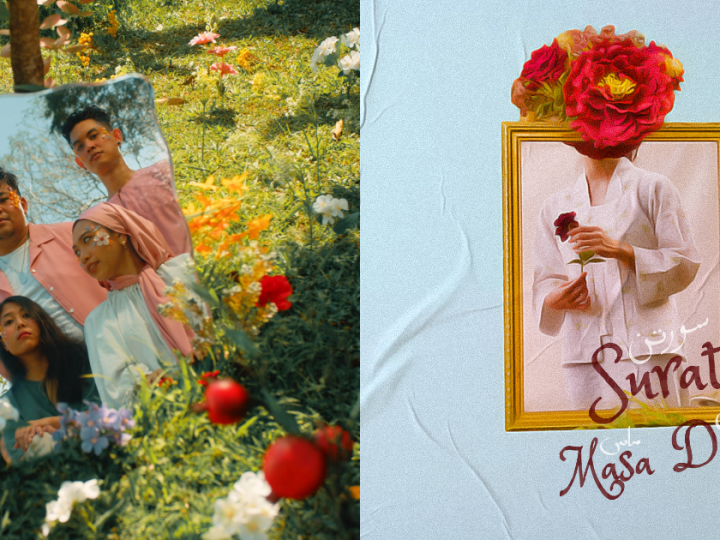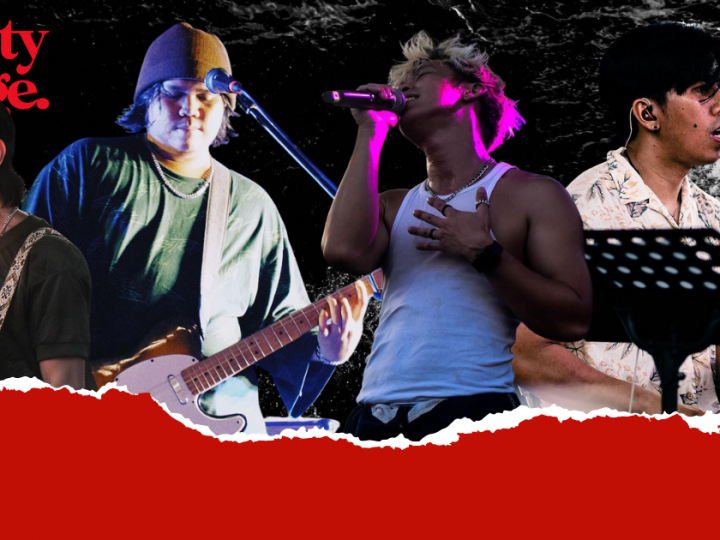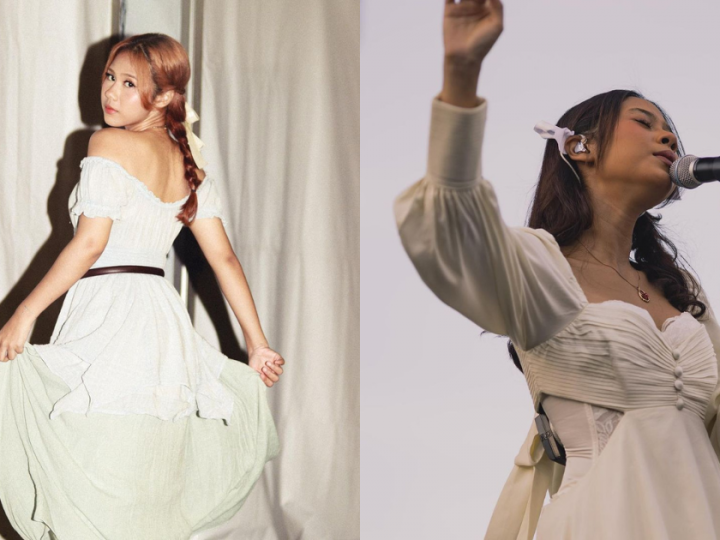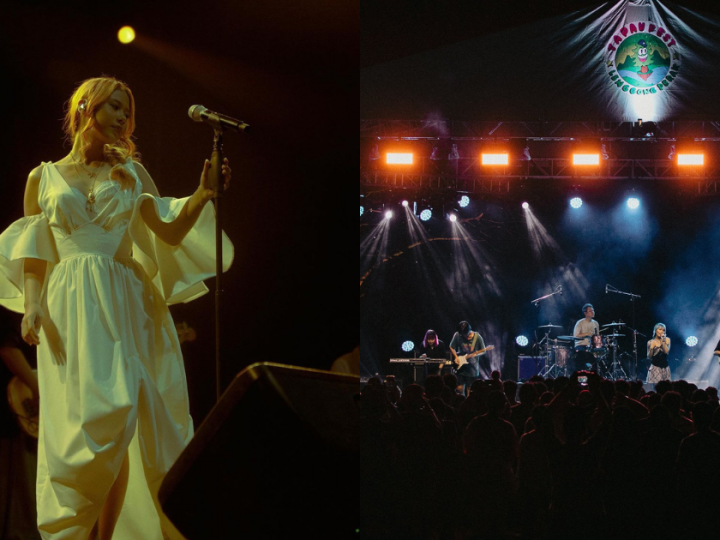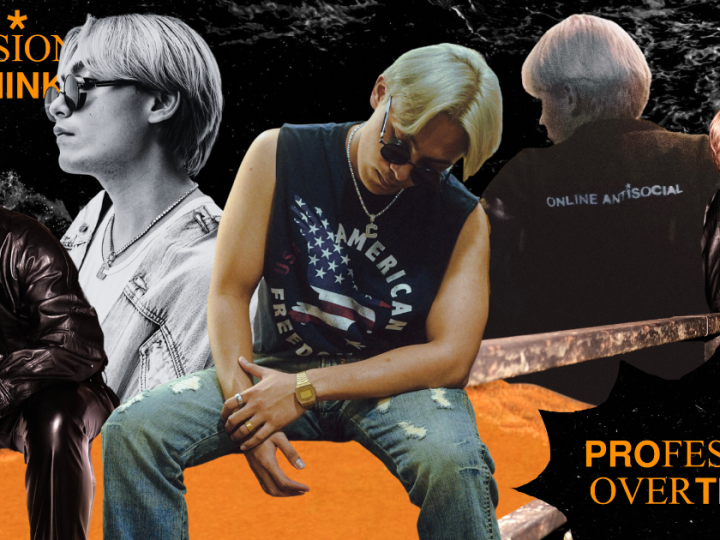How ‘Barbie’ Perfectly Showcased the Struggles of Modern M’sian Women
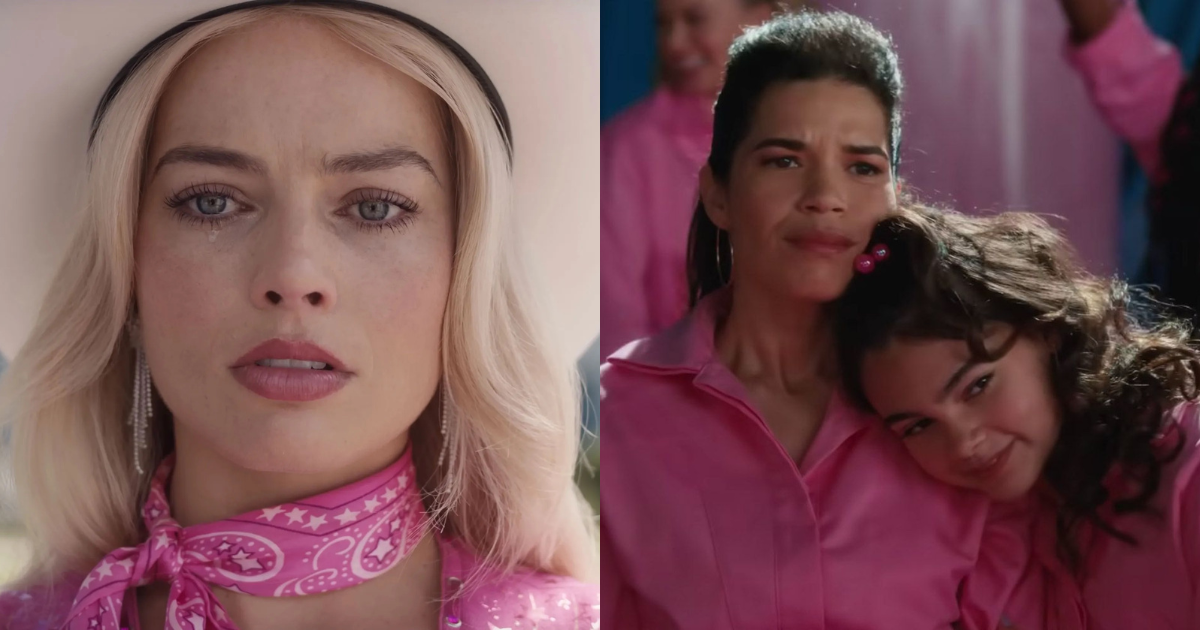 Thirsty for JUICE content? Quench your cravings on our Instagram, TikTok and WhatsApp
Thirsty for JUICE content? Quench your cravings on our Instagram, TikTok and WhatsApp
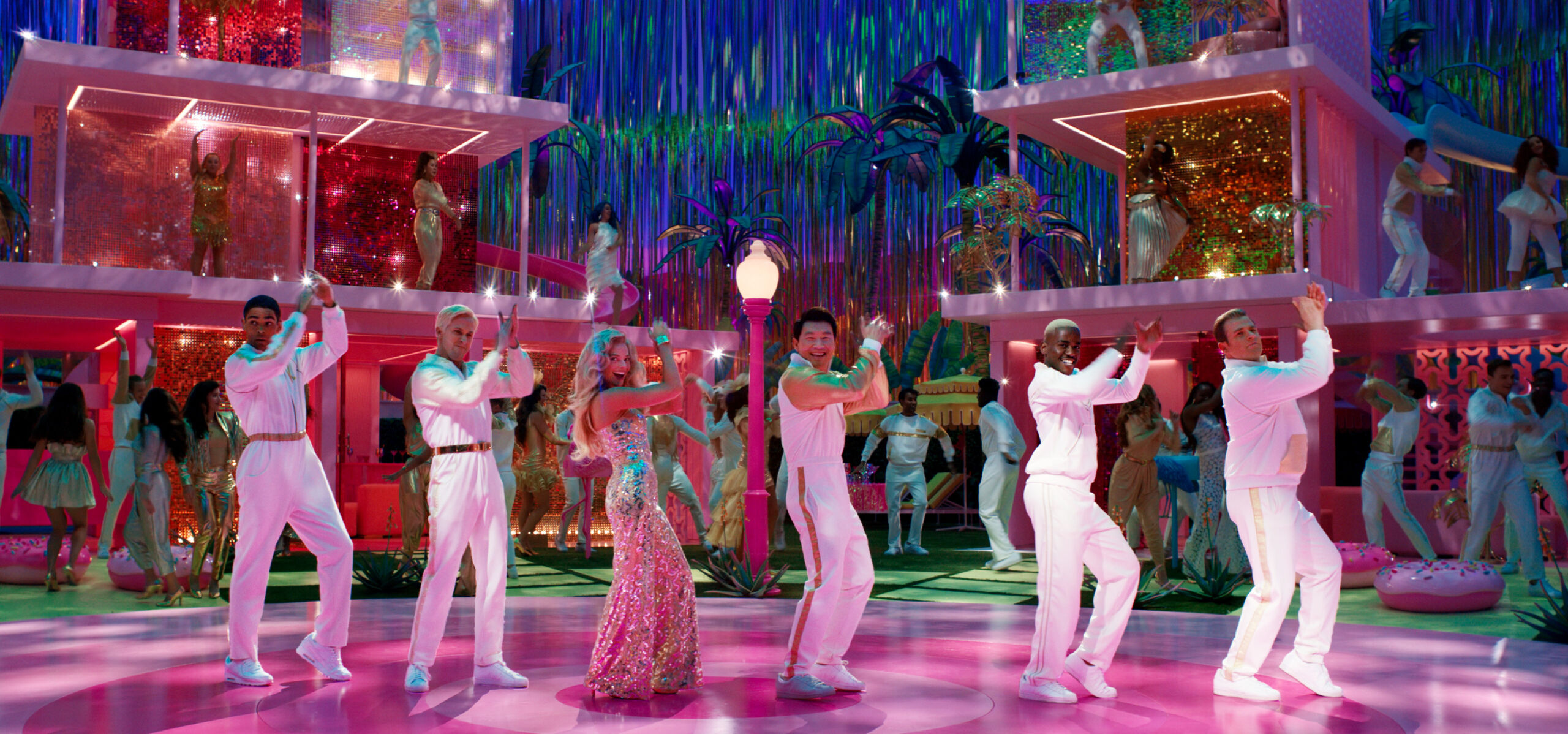
It’s been nearly two months since the worldwide premiere of Barbie, the critically acclaimed film by Greta Gerwig that quickly became one of the year’s most successful movies, grossing around USD1.34 billion at the box office to date.
The film’s message, which effectively reflected the problems that modern women have to confront in their day-to-day lives, continues to be discussed by many fans around the world.
Barbie, the feminist film that some claim fails to resonate with modern feminism
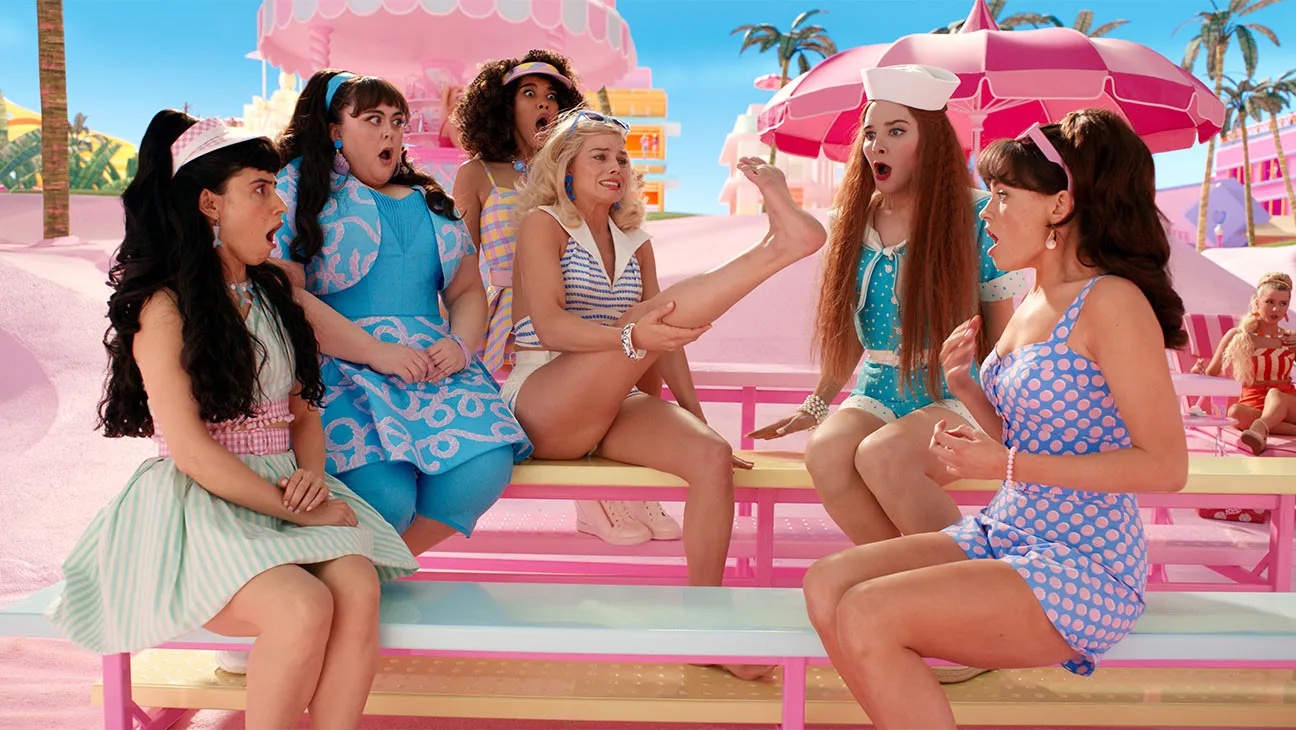
Despite its success, some have criticised the film for being a “man-hating” movie. For instance, American comedian Bill Maher criticised Barbie for being excessively preachy and out of date because modern patriarchy, according to him, isn’t as awful as it was in the past.
“Barbie fights the Patriarchy. Right up to the Mattel board who created her, consisting of 12 white men! The Patriarchy! Except there’s a Mattel board in real life, and it’s seven men and five women.
“Okay, not perfect even-steven, but not the way the board IN THE MOVIE — which takes place in 2023 — is portrayed. And no longer deserving of the word ‘patriarchy’. Yes, there was one, and remnants of it remain — but this movie is so 2000-LATE,” he wrote.
After reading some of the criticisms that the movie had received, this writer decided to rewatch the film for the third time to determine if the venomous reviews were justified.
While the 67-year-old comedian has lived a much longer life than I have, he may have also unknowingly overlooked the difficulties younger women (Barbie’s actual target audience) like this writer still have to face and why this movie is helping us cope with them.
This Barbie is facing misogyny, sexual harassment, and sexism
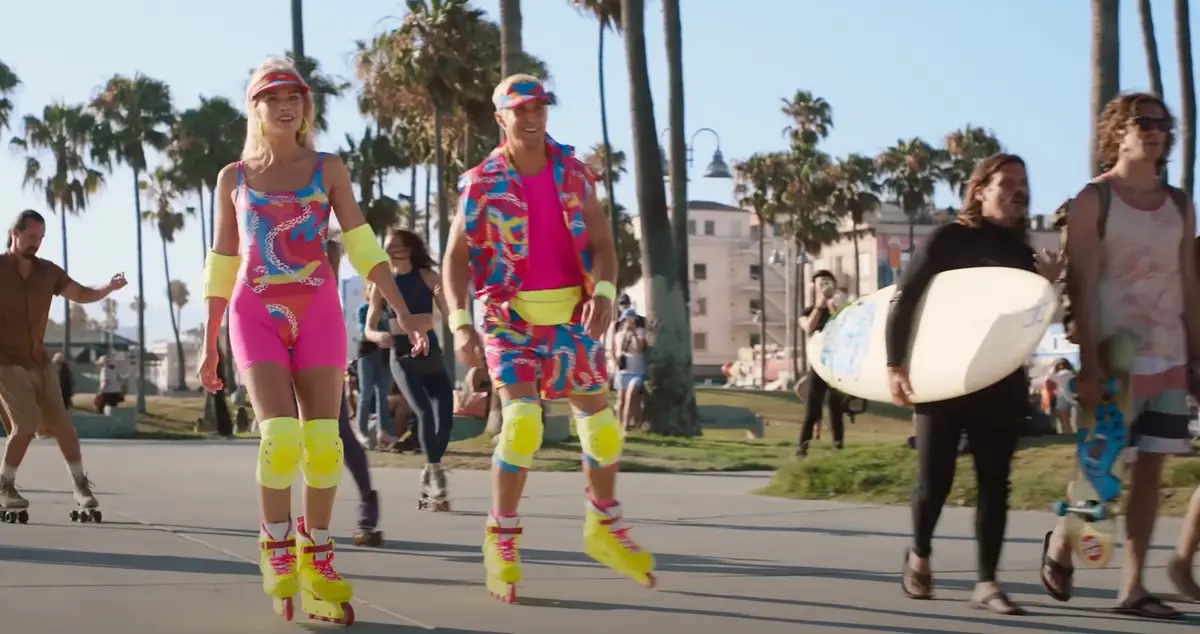
Aside from the clear theme of feminism, there are also plenty of subtle social commentaries made throughout the one-hour and 54-minute film that women will watch and think, “Damn, I’ve had to face that!”
At the beginning of the film, Barbie is portrayed as a hopeful and naive young woman who lives in the perfect world of Barbieland.
Her bubble then bursts as soon as she steps foot into the real world with Ken, where she immediately gets greeted by men who make sexual remarks and tell her to smile. This causes the Stereotypical Barbie to feel self-conscious, but she is at a loss for words.
While Ryan Gosling’s character claims he feels great because the comments he receives are mostly positive, the innocent young girl who realises that she is being objectified and harassed turns to him and says, “Mine has very much an undertone of violence.”
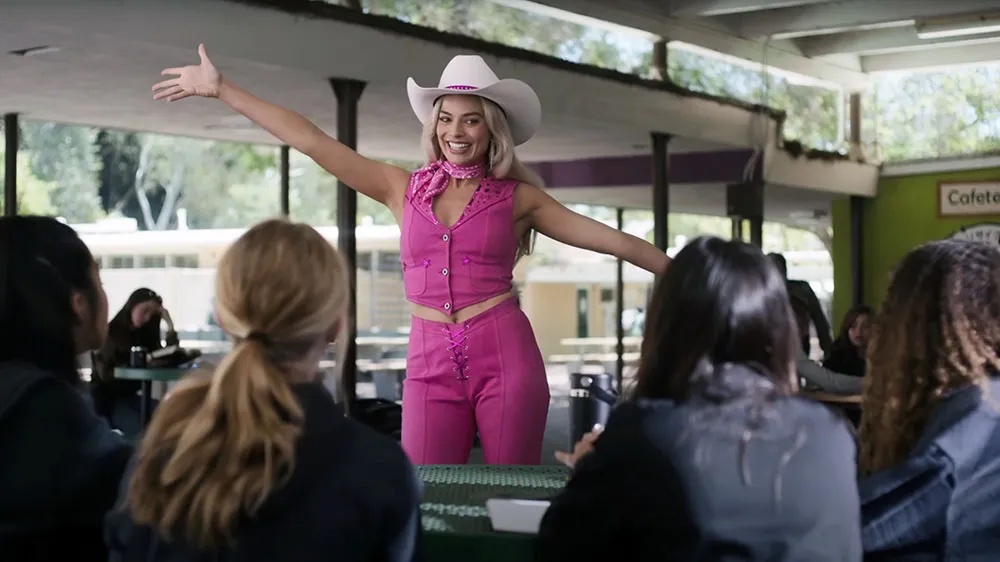
In another scene, Barbie and Ken are both arrested after she punches a man who sexually harassed her.
At the police station, an officer tells Barbie that they love seeing her in her leotard, and Barbie starts to display an uncomfortable expression on her face.
The two are later released, only to return to the same police station for stealing pink and black cowboy costumes, which Barbie decides to get after hearing the officer’s sexual remark.
However, this time, another officer gives Barbie another sexual comment, adding, “She looks even better in more clothes because you can imagine more,” removing her value once again and viewing her only as an object of lust.
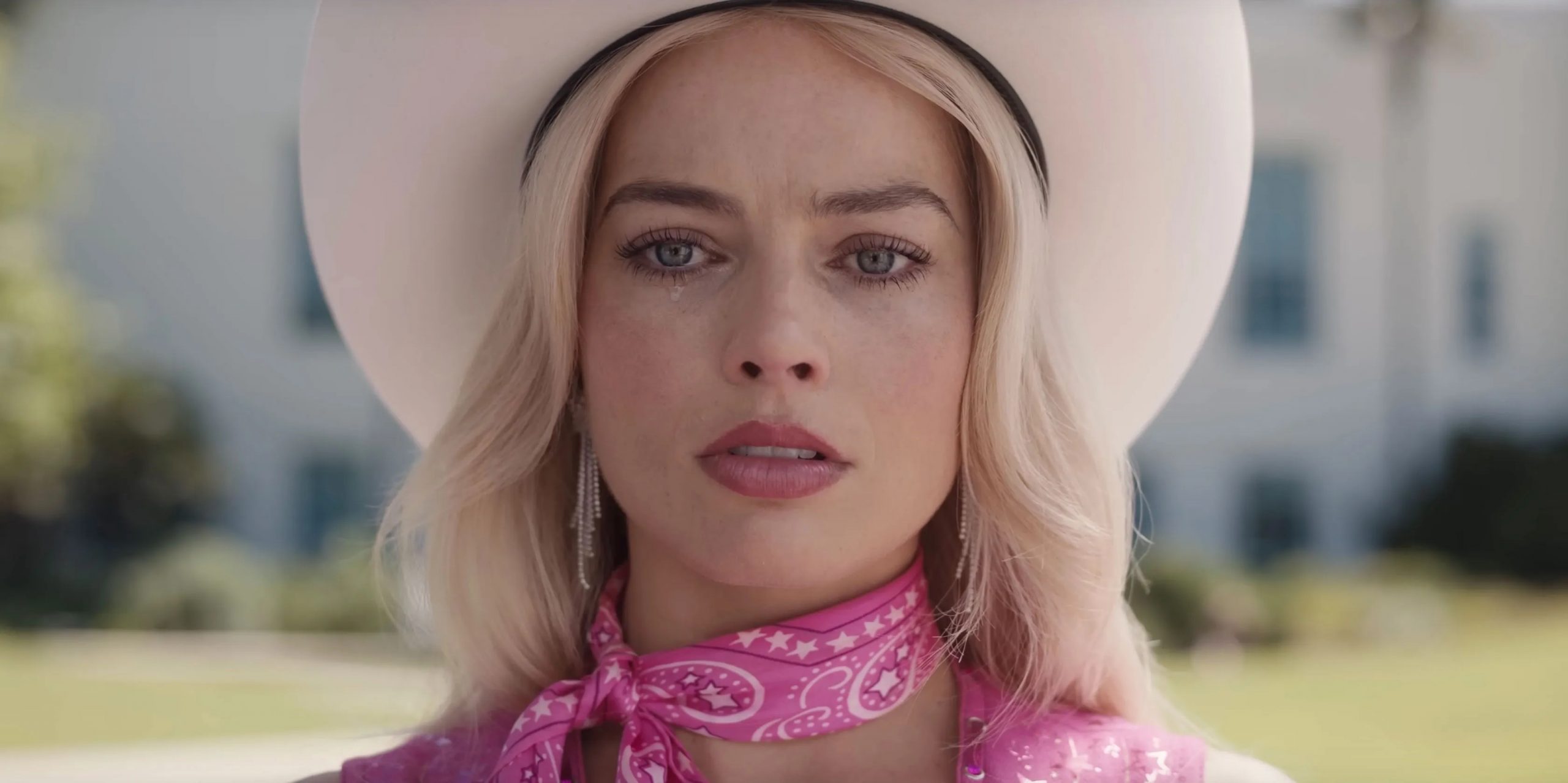
These scenes accurately depict the difficulties that women face in the real world when they are reduced to their physical appearance.
It’s also quite uncomfortable to watch because audiences hear those comments from Barbie’s point of view, causing them to feel exactly how the woman on screen feels when she’s harassed.
Everyone who watches those scenes will get an uneasy feeling because they were designed to be stomach-turning in order to accurately capture how it feels to be objectified.
This Barbie is falling apart
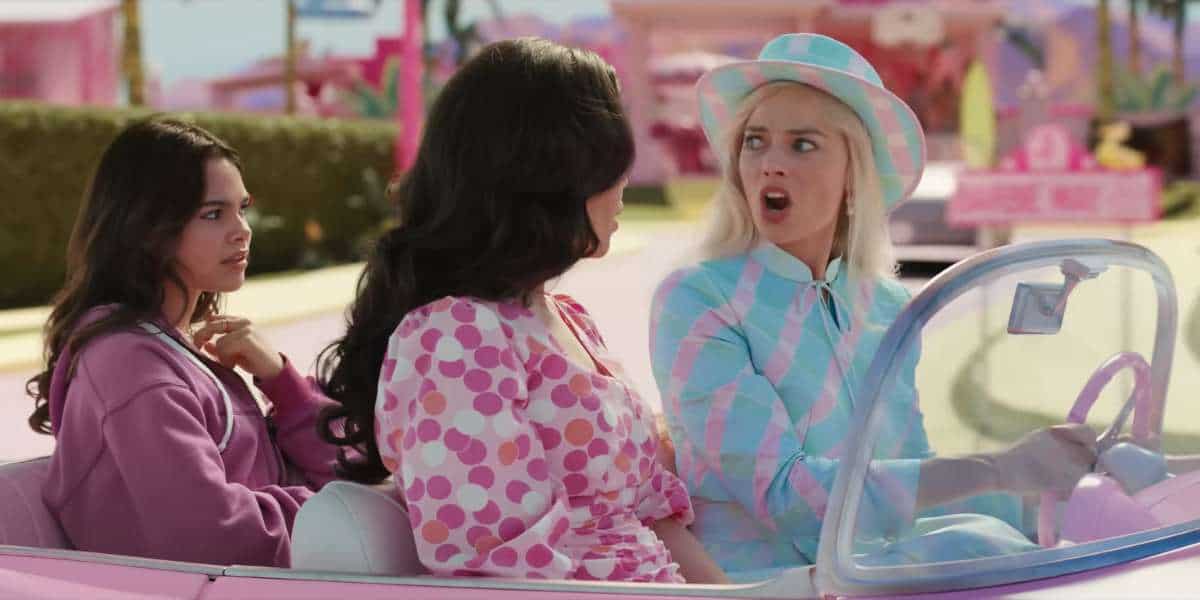
The next pivotal scene is when Gloria gives Barbie, who is depressed and weeping on the floor, a heartfelt speech about how challenging it is to be a woman.
Gloria’s monologue explores the obstacles of being a woman who is contending with a plethora of invisible social rules imposed on her gender.
“It is literally impossible to be a woman. You are so beautiful and so smart, and it kills me that you don’t think you’re good enough. Like, we have to always be extraordinary, but somehow we’re always doing it wrong.
“You have to be thin, but not too thin. And you can never say you want to be thin. You have to say you want to be healthy, but also you have to be thin. You have to have money, but you can’t ask for money because that’s crass. You have to be a boss, but you can’t be mean. You have to lead, but you can’t squash other people’s ideas,” she tells Barbie.
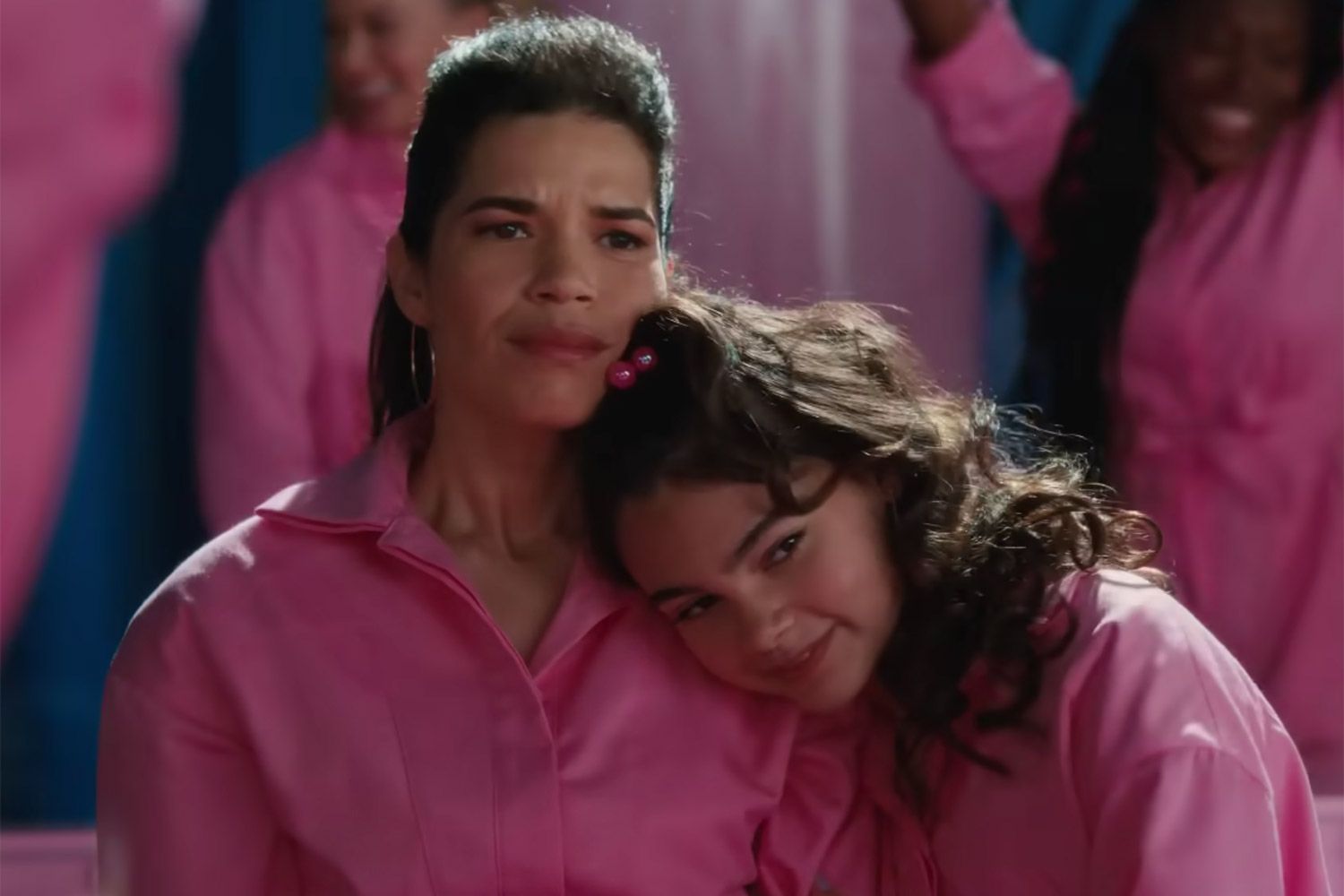
The mother then goes on to describe more relatable and frustrating aspects of women’s lives to be perceived as good people.
“You have to answer for men’s bad behaviour, which is insane, but if you point that out, you’re accused of complaining. You’re supposed to stay pretty for men, but not so pretty that you tempt them too much or that you threaten other women because you’re supposed to be a part of the sisterhood.
“I’m just so tired of watching myself and every single other woman tie herself into knots so that people will like us. And if all of that is also true for a doll just representing women, then I don’t even know,” she adds.

Because of the sheer honesty of what was said, every sentence, breath, intonation, and word delivered by America Ferrera’s character in this scene resonates with so many women.
We can all relate to what Gloria said because the majority of our issues stem from the same cause — the societal pressure to be perfect and the fear of being disliked.
Gloria also mentions in her monologue that “the system is rigged”, emphasising that the world is unfair and that there is no point in attempting to be the perfect woman for a system that has always been imperfect.
This Barbie is struggling to transition into adulthood as a woman who was once just a teenage girl with big ambitions
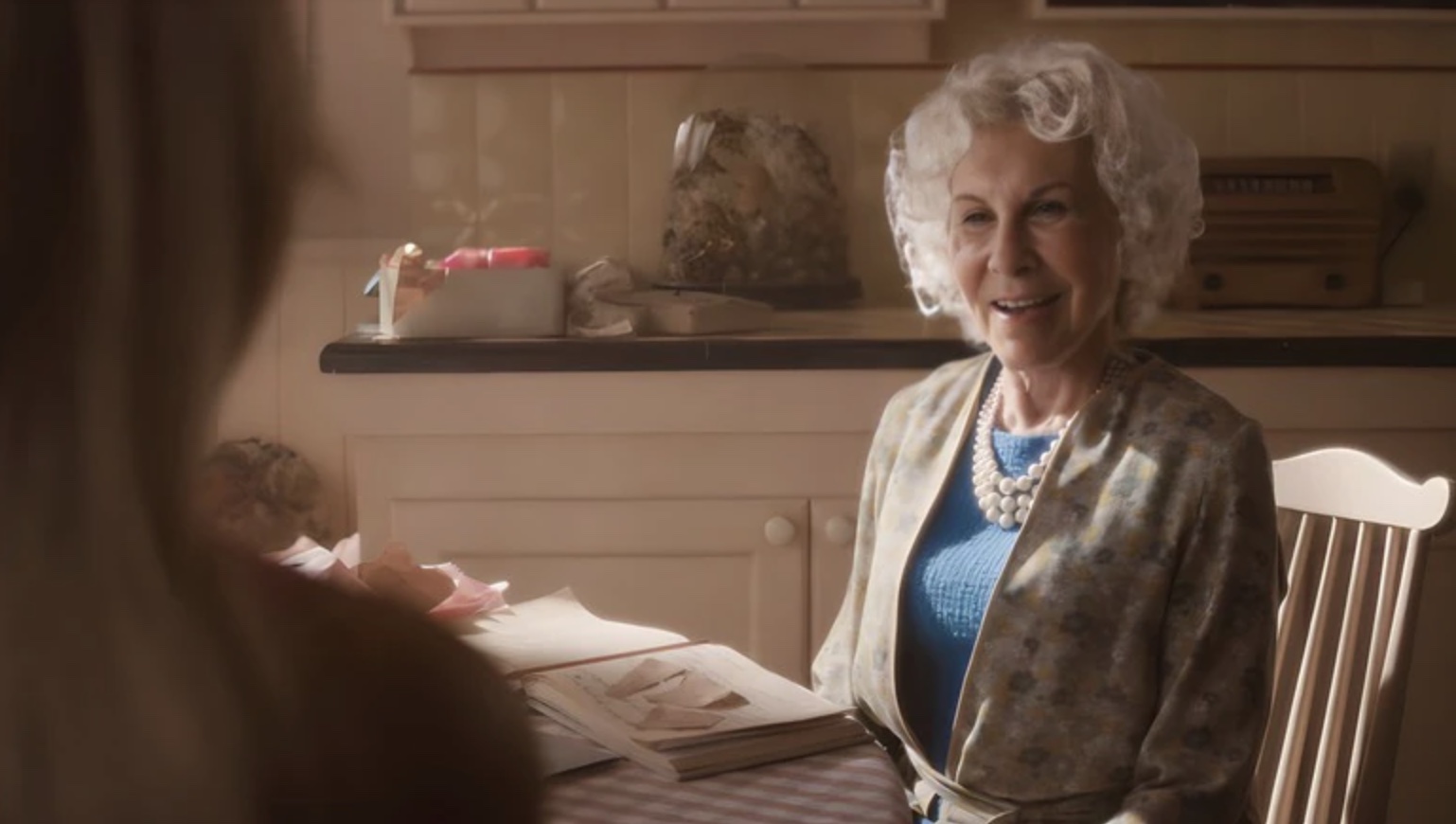
In the scene where Barbie walks with Ruth Handler, she tells her creator she isn’t sure what to do because she has always been Stereotypical Barbie.
She then expresses her desire to be the person who imagines and creates ideas, rather than being a vision created by someone else, indicating her desire to take charge of her own life.
The setting was perfected by Billie Eilish’s song, ‘What Was I Made For?’, which details how a young woman is struggling to find her identity, but believes that one day she can do the impossible and will control her life as she pleases.
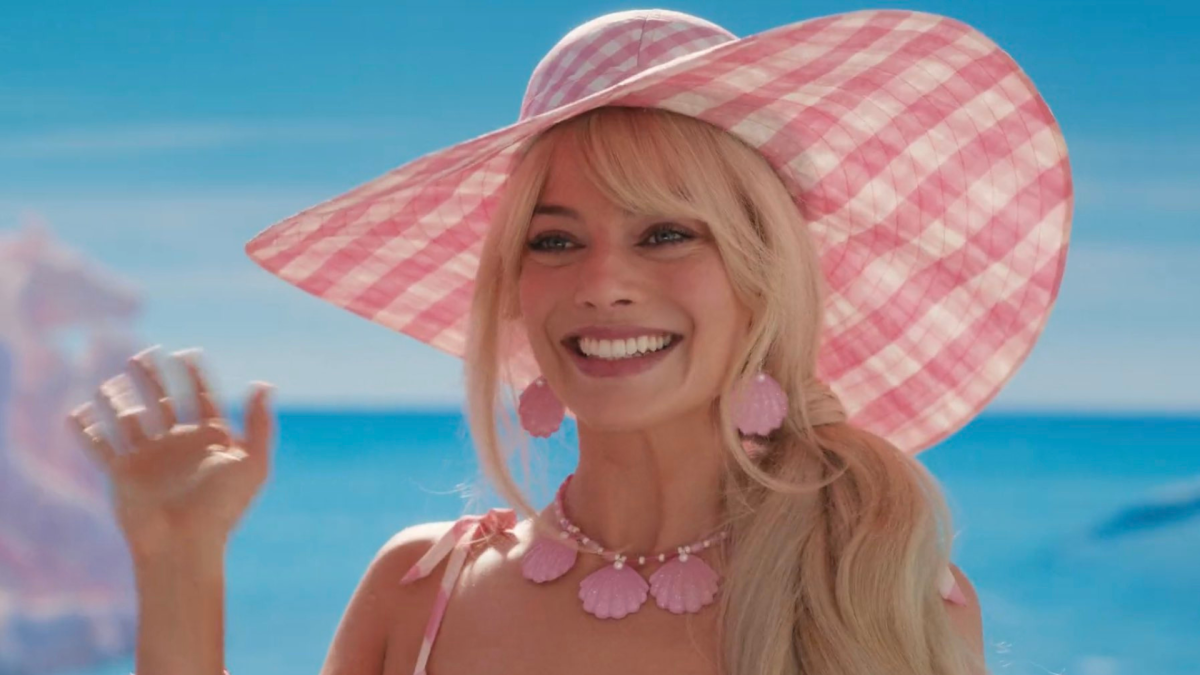
This scene beautifully captures the confusion we feel as we transition from the adolescent stage of our lives to adulthood — a time in our lives that is extremely overwhelming and anxiety-inducing.
It also demonstrates that Barbie is a determined woman who is still ambitious and driven to take control of her life despite having seen the horrors of the real world.
Barbie then asks Ruth if she could have her permission to become human, to which Ruth replies, “You don’t need my permission. I can’t control you any more than I could control my daughter. I named you after her, Barbara, and I always hoped for you as I hoped for her. We mothers stand still so our daughters can look back to see how far they’ve come.”
Their emotional conversation alleviates some of our concerns; it’s as if our mother is directly telling us that everything will be fine, that we have the power to do what we want, and that the emotional support we’ve received from other women in our lives will prepare us for whatever comes our way.
So, is Barbie a man-hating film?
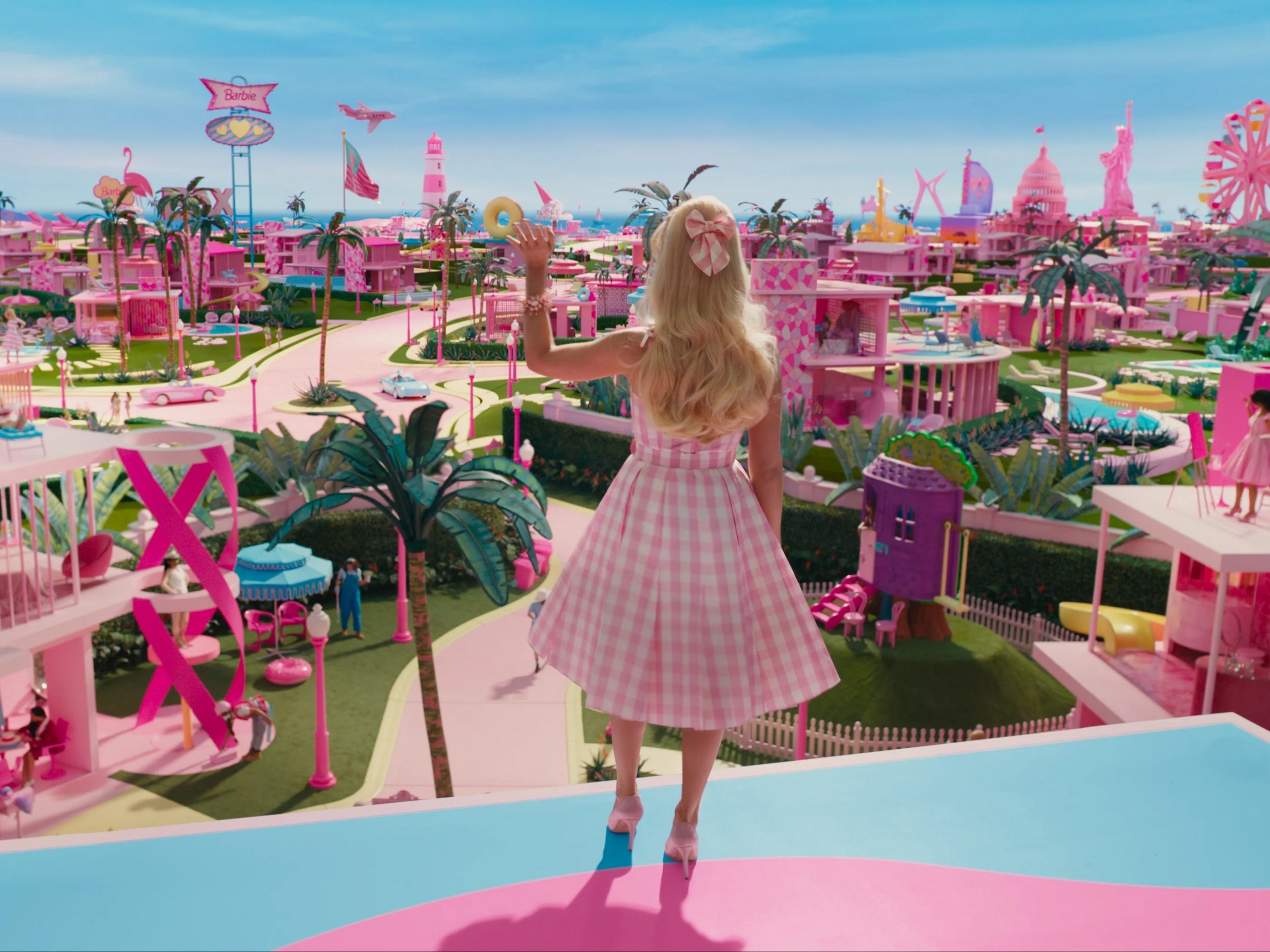
From this writer’s point of view, the movie is in no way painting men as the worst gender.
Every young adult can easily relate to the problems depicted in the film, but it highlights that each gender will have to go through a different set of struggles. Women have to deal with misogyny, sexism, and patriarchy, while men face the repercussions of toxic masculinity.
And that’s what the filmmakers behind Barbie wanted to convey to viewers — it’s not a man-hating film — but a movie that wants both men and women to focus on how overwhelming it is to be an innocent young girl who now has to suddenly face prejudice in the real world.


 Get Audio+
Get Audio+ Hot FM
Hot FM Kool 101
Kool 101 Eight FM
Eight FM Fly FM
Fly FM Molek FM
Molek FM